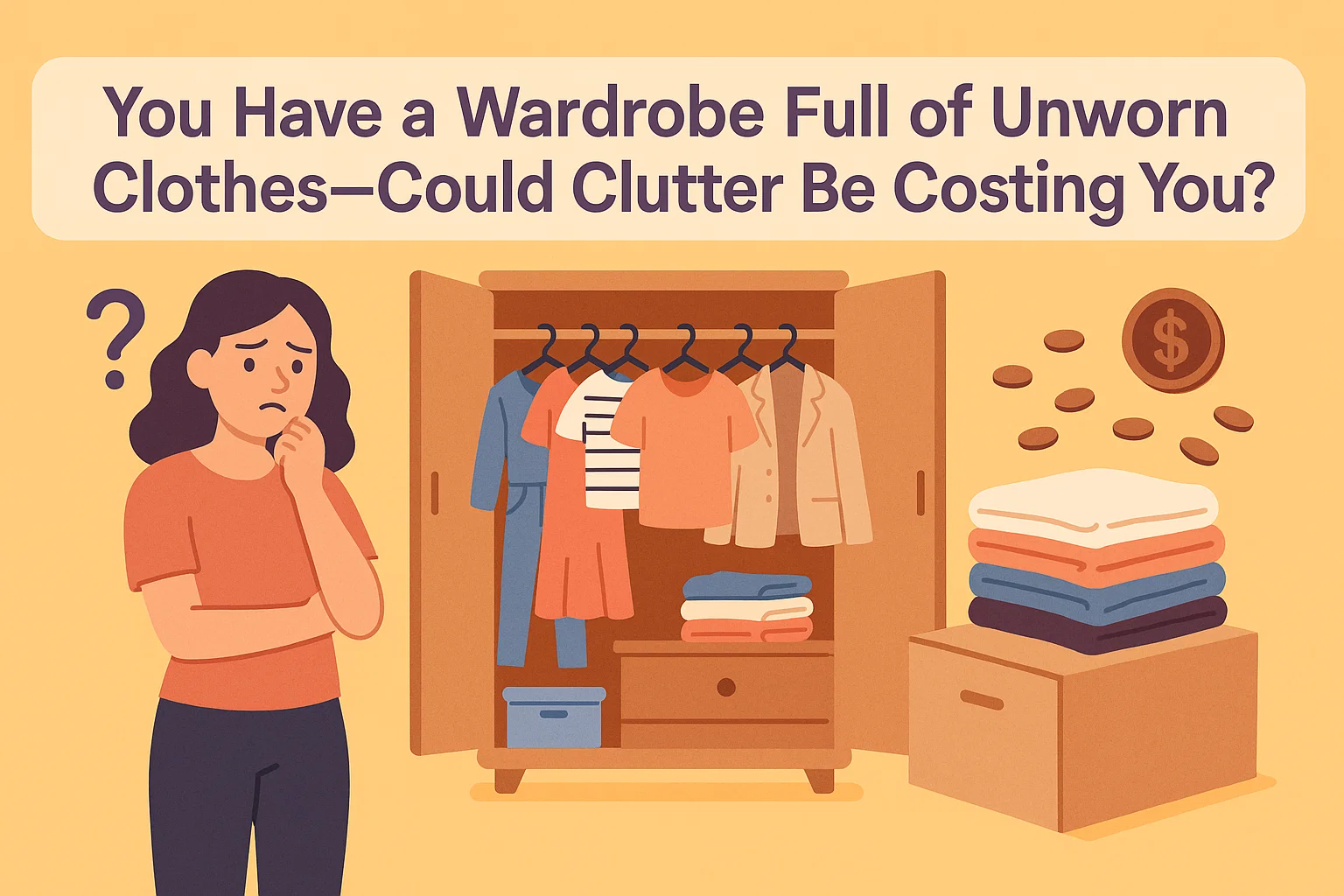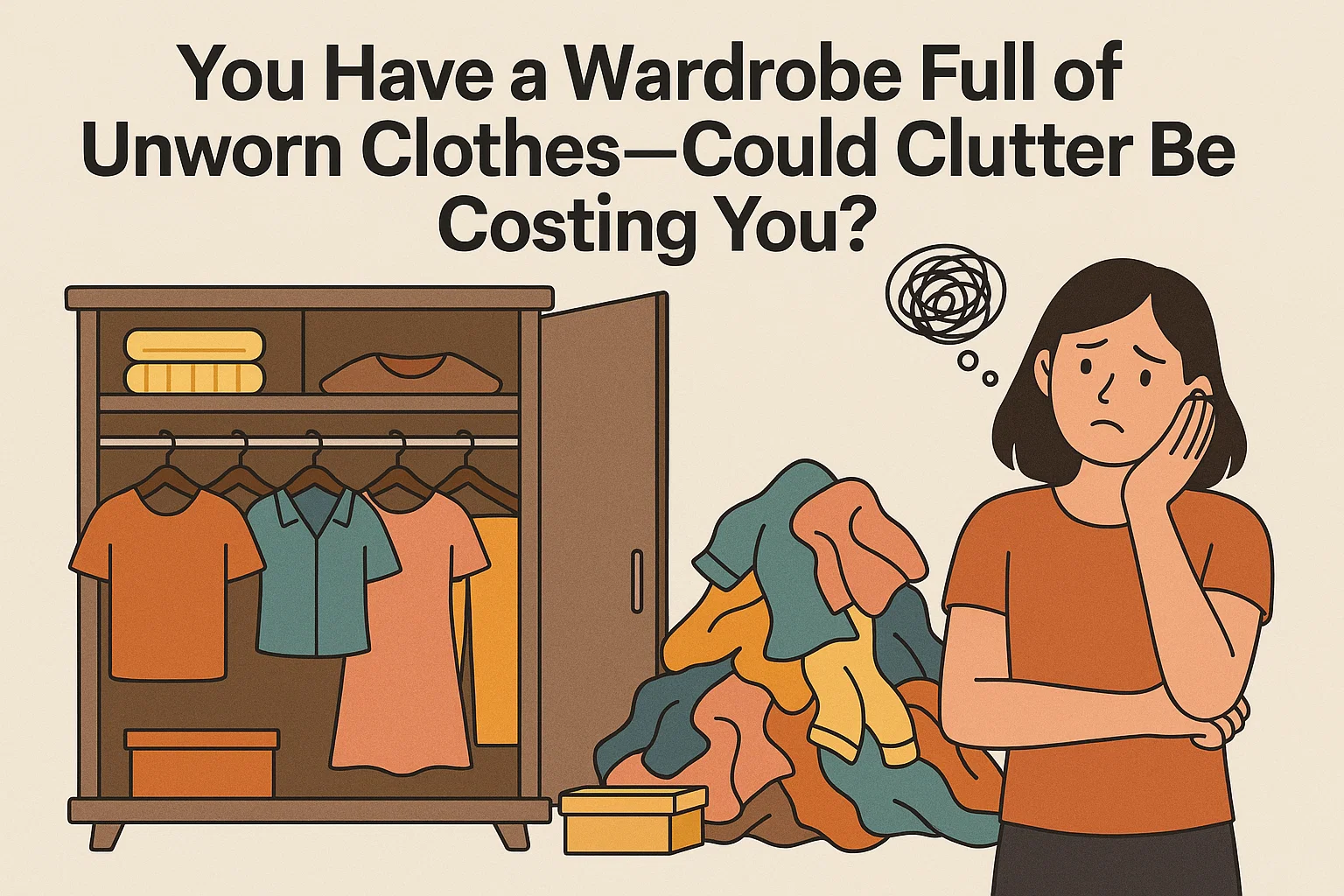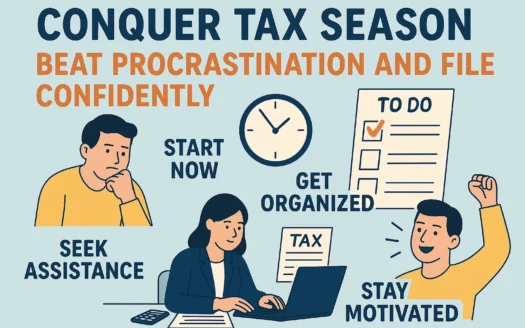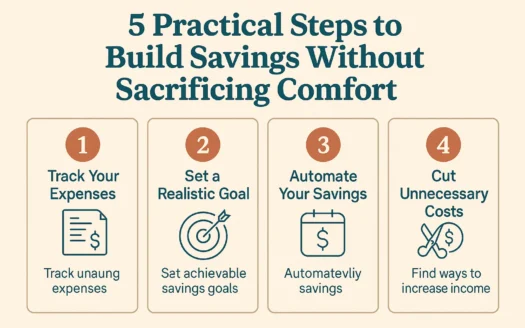You Have a Wardrobe Full of Unworn Clothes—Could Clutter Be Costing You?

You Have a Wardrobe Full of Unworn Clothes—Could Clutter Be Costing You?
The Link Between Debt and Clutter
Researchers, debt counselors, and professional organizers point to a correlation between debt and clutter. “Debt and clutter seem to go hand in hand. To fill a house from floor to ceiling with your possessions, that takes money, and sometimes you’re using money you don’t have,” says Rhea Becker, a Boston-based professional organizer. “Clutter goes far beyond being just a physical obstacle around the home. It weighs on your mind, comes with stigma, embarrassment, and shame, and affects your mental and physical health. It wears you down—feelings similar to carrying debt.”
Why Clutter Creates Financial Problems
Debt and clutter are intertwined in many ways, says Kathryn Bossler, a financial counselor at GreenPath Debt Solutions. “A common source of debt is not having an organized financial plan. Missing bills or losing track of credit card statements leads to late fees, forgotten accounts, and unnecessary purchases.” For example, misplacing appointment notices can result in cancellation fees, while re-buying items you already own wastes money.
“People express surprise at the things they find in their clutter—they don’t remember purchasing some items and often own duplicates,” says Becker.
The Emotional Strain of Clutter
Clutter and financial stress are tied to a lack of control. A DePaul University study found cluttered homes lead to procrastination on tasks like paying bills or managing budgets. Researchers asked participants to rate statements like “I pay bills on time” on a five-point scale. Those with cluttered homes were less likely to agree.
“The more clutter you have, the more likely you are to procrastinate. It’s a maladaptive lifestyle—delaying responsibilities at home, work, and in relationships,” says psychology professor Joseph Ferrari, co-author of the study.
Another study linked clutter and hoarding to compromised routines and strained relationships. “As clutter demands attention, everything else important gets forced out of your life,” Ferrari added. Research also connects cluttered environments to poor health choices, higher medical costs, and even weight gain.
The True Cost of Clutter
Clutter isn’t just messy—it’s expensive. Consider these hidden costs:
- Upsizing Homes: Families often buy larger homes to accommodate clutter. A 2,000-square-foot home costing $300,000 may waste $15 per square foot on storage space.
- Storage Units: The average 10’x10’ storage unit costs $1,152.72 annually, despite 65% of renters having garages and 47% having attics/basements.
- Bulk Buying: Purchasing in bulk to “save” often backfires due to expired goods, storage fees, and disposal costs.
How to Declutter Your Home and Finances
Start Small
Begin with one area impacting daily life, like a kitchen pantry. “Tackling small spaces creates momentum and makes organizing feel approachable,” advises Lisa Ruff of NEAT Method. Finish each project completely to avoid clutter creeping back.
Use Tidy Decor
Simplify furniture, paint walls neutral colors, and prioritize negative space. “White space creates calm and ensures easy access to items,” says Ruff.
Resist Overpacking
Avoid filling closets or shelves to capacity. Use organizational tools like matching hangers to maintain systems.
Take Photos of Sentimental Items
A Penn State study found people are 15–35% more likely to donate items if they take photos first. “Keeping the memory—not the object—eases letting go,” says researcher Rebecca Reczek.
Organize Your Budget
Create a designated space for bills and set monthly finance check-ins. “Budgeting organizes your thoughts on spending and cuts needless purchases,” Bossler says. Align financial habits with decluttering goals to reduce stress and save money.
“Disorganization impacts every facet of life—forgetting bills, arriving late to work. Organizational systems save time, reduce stress, and curb overconsumption,” Ruff emphasizes.




